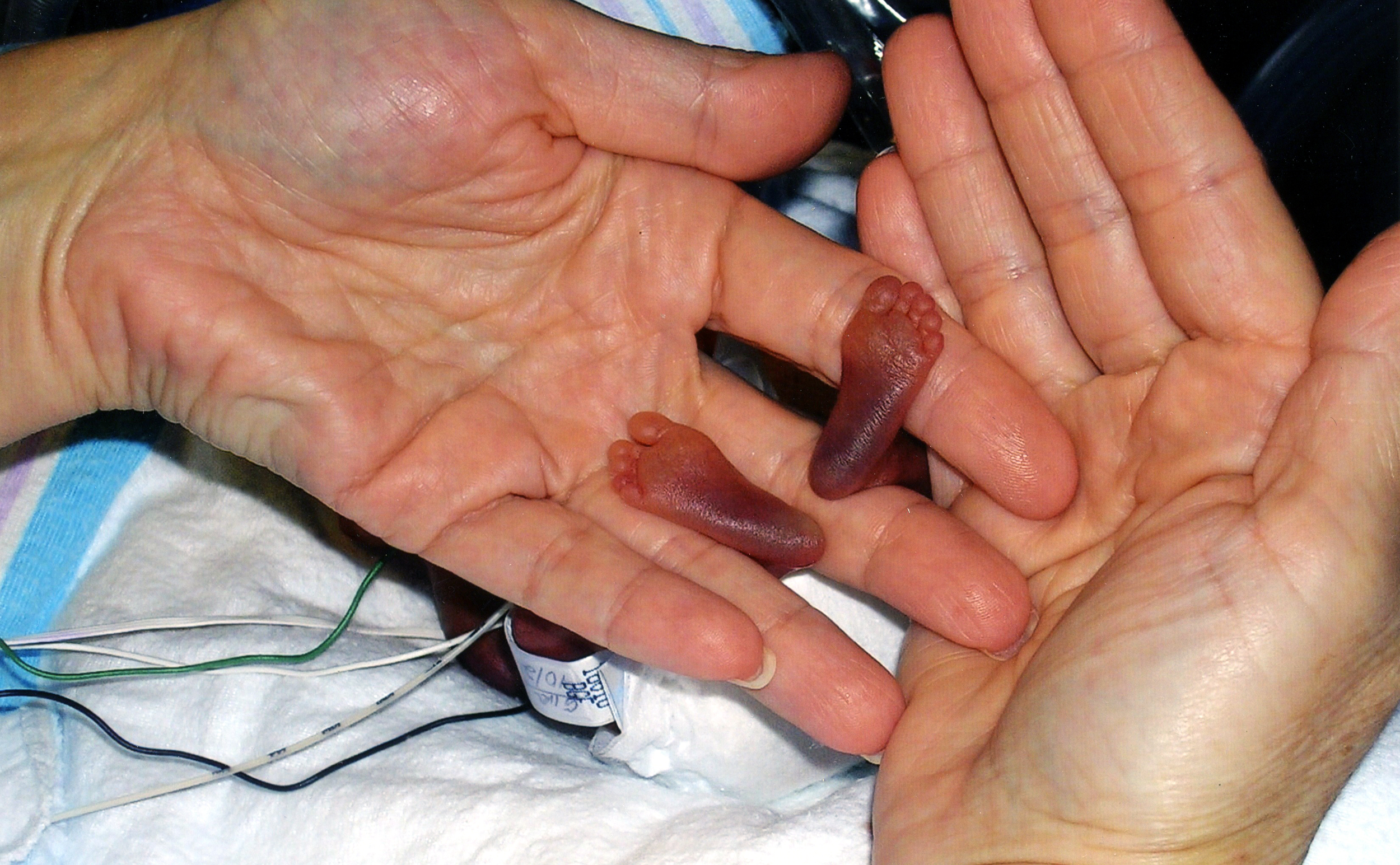
WASHINGTON (BP)–The birth and record survival of a baby less than 22 weeks gestation could have, and should have, an impact on the perception and treatment of unborn human beings, pro-life bioethics commentators say.
Amillia Sonja Taylor, born at 21 weeks and six days, went home Feb. 21 weighing four pounds after a nearly four-month stay at Baptist Children’s Hospital in Miami, Fla. When she was born Oct. 24, she weighed less than 10 ounces and was only 9 1/2 inches long.
She is the first baby known to have survived after less than 23 weeks gestation, according to the hospital. Infants who go to full term are born between 37 and 40 weeks. The hospital reported the death rate for babies born at 23 weeks is 70 percent, according to the American Association of Pediatrics.
Amillia’s miraculous survival could affect public policy, said Southern Baptist physician Don Buckley.
“It’s back to the drawing board for lawmakers who would base the right to life upon the age of viability of a fetal human,” the Pensacola, Fla., physician told Baptist Press. “Such a strategy could always lead to further revision as medical science progresses.
“Instead, it’s time to see human life as a continuous thread beginning at conception and entitled to protection at all stages,” said Buckley, a fellow of the Southern Baptist Ethics & Religious Liberty Commission’s Research Institute. “As Dr. Seuss used to say, ‘A person’s a person, no matter how small.’”
Wesley Smith, a bioethics specialist who writes at bioethics.com, said Amillia’s birth may impact not only the law but other fields.
“It may impact futile care theory and the occasional attempts to refuse wanted life-sustaining treatment for prematurely born babies,” Smith wrote. “The birth could affect personhood theory, at least for those who refuse to depersonalize born infants, because it could materially alter their moral view of the moral worth of later-stage fetuses.
“So, welcome to the world, Amillia Sonja Taylor. Your birth might become a significant event for expanding the perception of who qualifies to be in the human family.”
William Smalling, a neonatologist at Baptist Children’s Hospital, said, according to a hospital release, there may be a “need to reconsider our standard for viability in light of Amillia’s case. Over the years, the technology that we have available to save these premature babies has improved dramatically. Today, we can save babies that would have never survived 10 years ago.”
He called Amillia “truly a miracle baby” but expressed caution.
“She should not be recognized as a standard of care,” Smalling said, according to The Miami Herald. “We know that there are premature babies out there that have debilitating disabilities. In fact most of them do. Only time will tell what the impact will be.”
Amillia breathed on her own when she was born, but she has required supplemental oxygen since, The Herald reported. She also has had heart problems and a mild hemorrhage of the brain, according to the newspaper.
Their trust in God helped them through the ordeal, said Amillia’s parents, Eddie and Sonja Taylor of Homestead, Fla. “I put my faith in God,” Eddie said, the hospital reported. “I didn’t worry a lot. I just made sure to get here to be at her side.”
Amillia, who was delivered by Cesarean section, was conceived by in vitro fertilization, which made it possible for her gestational age to be calculated precisely, according to the hospital.
–30–
















